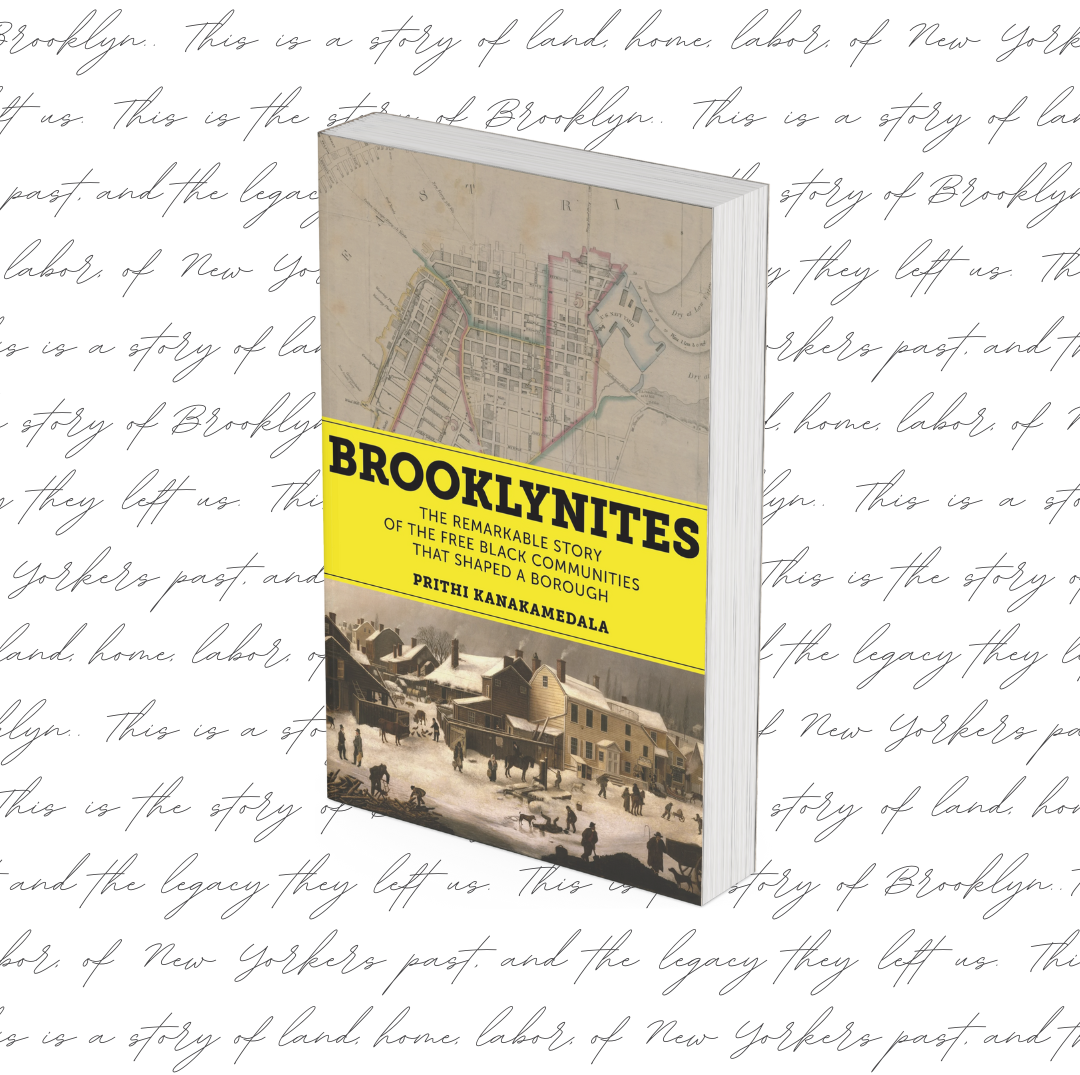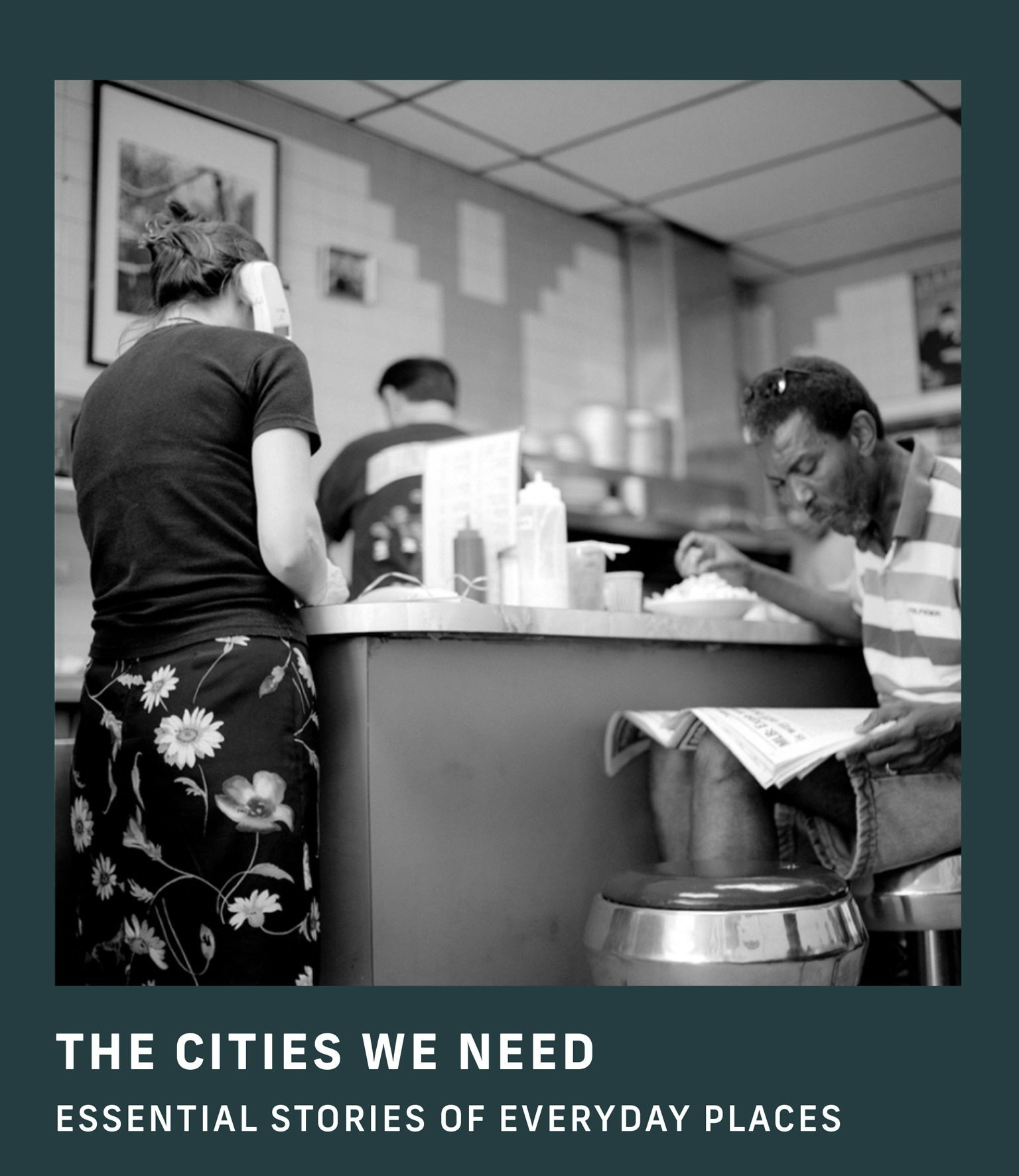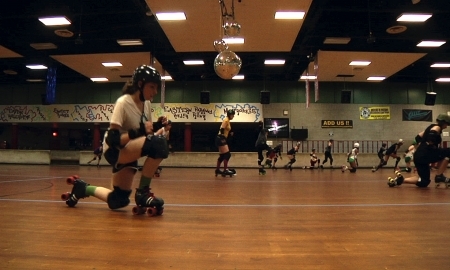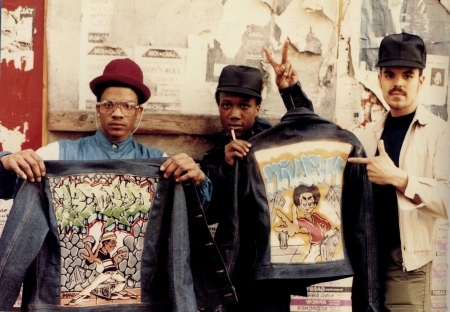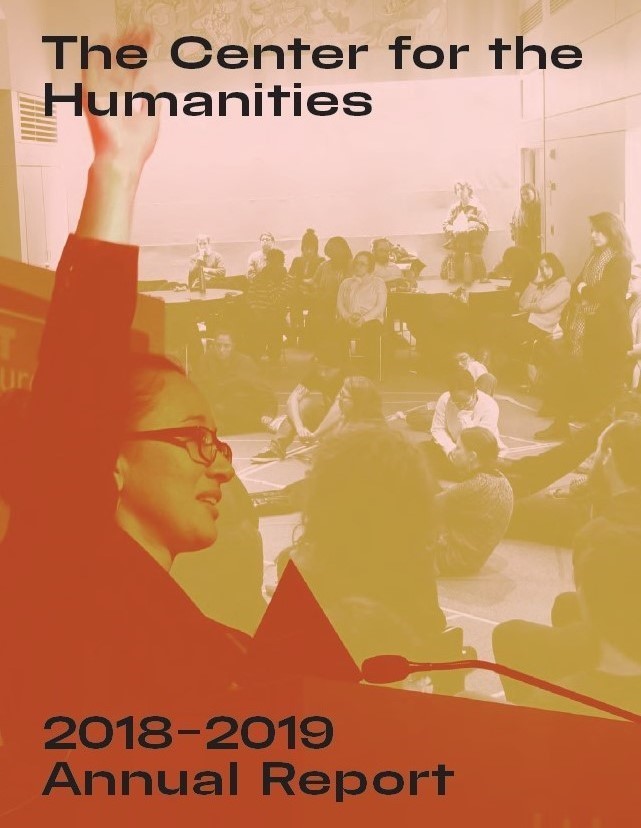Contested City: Art, Planning, and Community Power
Wed, Apr 3, 2019
6:30 PM–8:30 PM
Elebash Recital Hall

This event will be livestreamed starting at 6:30 pm; click here to watch the livestream.
Join us for an evening exploring how public art and public history can come together to create places for dialogue in support of activism in the contested city. A diverse panel of community activists, arts practitioners, and scholars, including Kemi Ilesanmi (Executive Director of The Laundromat Project), Prithi Kanakamedala (Bronx Community College), and Gregory Jost (Director of Organizing at Banana Kelly Community Improvement Association) will respond to Contested City: Art & Public History as Mediation at New York’s Seward Park Urban Renewal Area, a new book by Gabrielle Bendiner-Viani. Contested City simultaneously reveals untold stories of fifty years of community activism in Manhattan’s Lower East Side around the highly contested Seward Park Urban Renewal Area (SPURA)—and sheds light on the importance of collaborative creative public projects in this complex place. (See more context/information on SPURA and the book below).
This event is free and open to public, but to attend, please RSVP here.
The narrative of Contested City has bearing on the new mega-development of Essex Crossing now rising on the SPURA site, as well as the many places around our city in which housing is precarious and neighborhoods are threatened. This discussion is for everyone who seeks tools to make their neighborhood more just. There will be a book signing after the event.
For more information about the Seward Park Urban Renewal Area (SPURA) and the complex history behind this 50-year fight for affordable housing in Manhattan’s Lower East Side, click on the resources below:
- An interview with Gabrielle Bendiner-Viani on WNYC’s show All Of It. January 2019.
- An interview between panelist and historian Prithi Kanakamedala and Gabrielle Bendiner-Viani for the Gotham Center’s blog. March 2019.
Co-sponsored by the Center for the Humanities, and the Center for Place, Culture and Politics, and the Gotham Center for New York City History at the Graduate Center, CUNY.
Participants
Related Events
Conversation
Movement Building, Capitalism, and the State: Struggles in Education Transportation & Agriculture
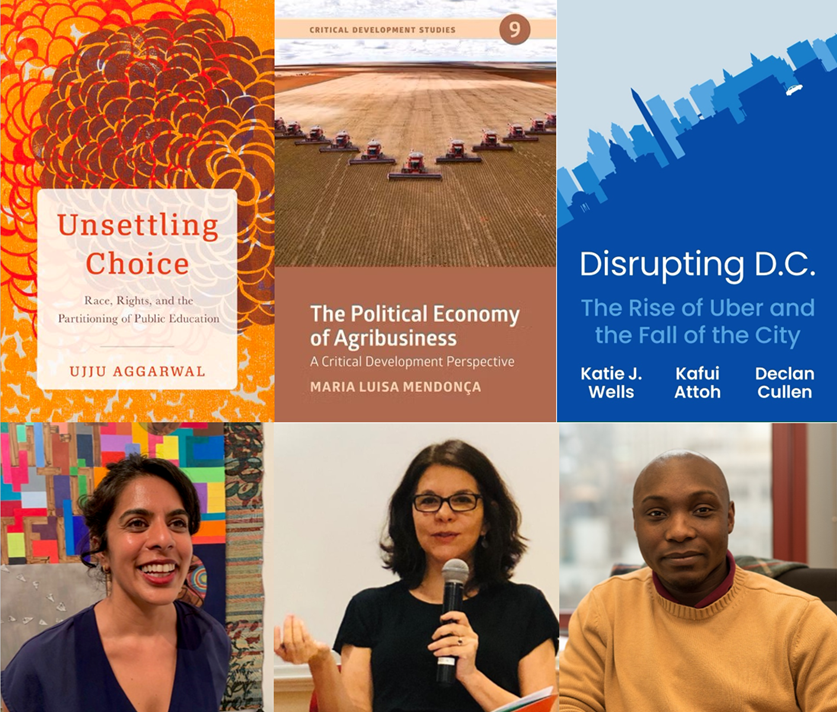
Conversation
Housing Literacy: Understanding Your Lease, the Rent Law Fight, and Your Rent History

Panel Discussion
The Making of a Slum: A Discussion on Immigration, Housing & Health Policy in New York City, Past & Present
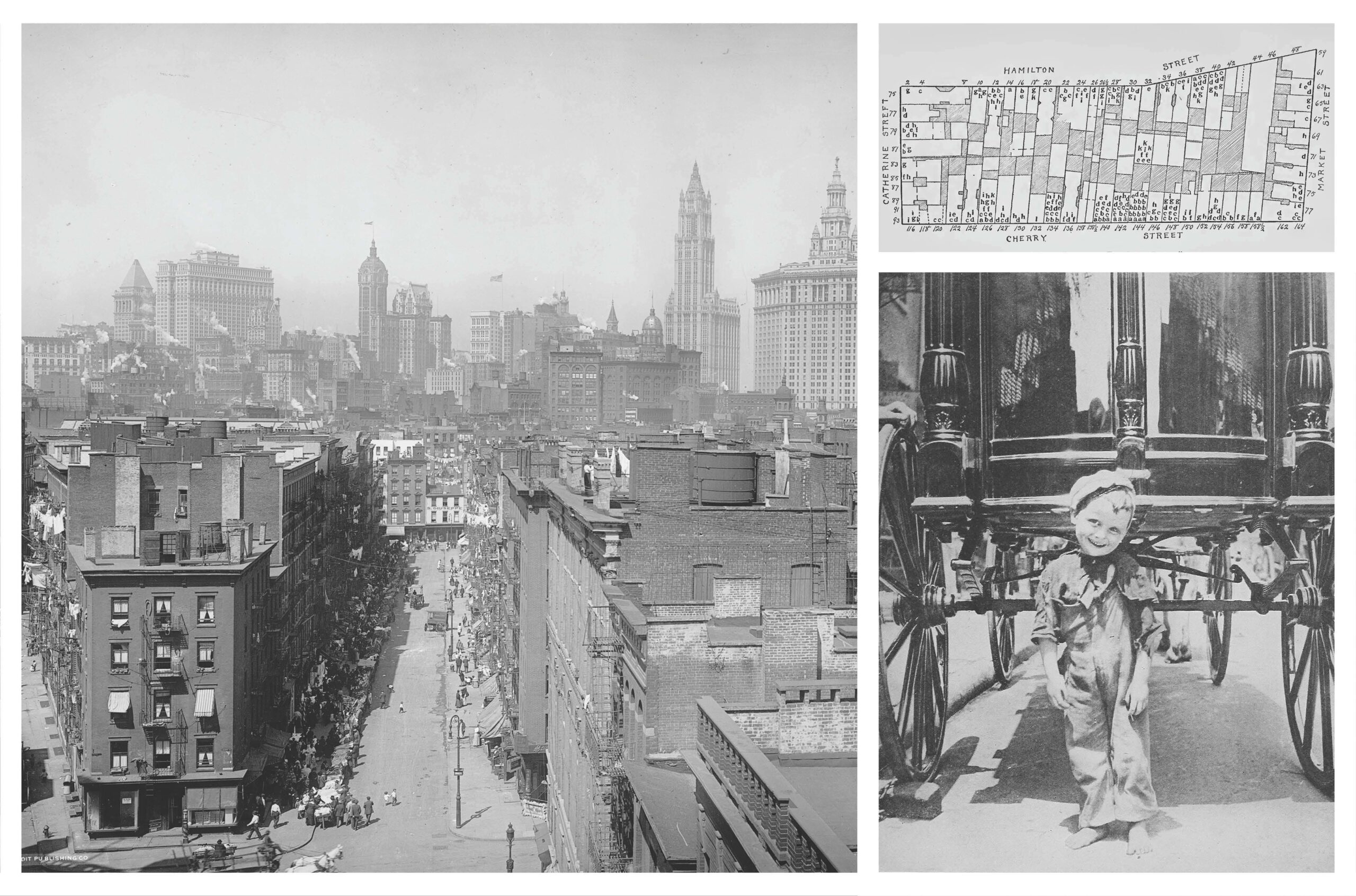
Event
Right to the City Screening Series Presents: Ecumenopolis: City Without Limits





